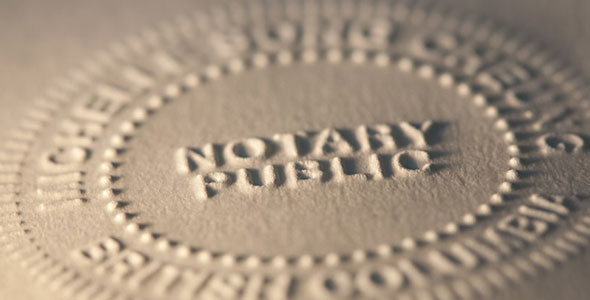Apostille Process Explained: Simplifying International File Confirmation
Apostille Process Explained: Simplifying International File Confirmation
Blog Article
Debunking Notarial Work: Streamlining the Duty and Value of Notaries
In the intricate web of legal documents and verification, notaries stand as pillars of guarantee and credibility. Their role, typically shrouded in enigma for several, brings substantial weight in making sure the validity and stability of crucial papers. As guardians of validity and truth, notaries play an essential component in our society, yet their work is not always fully recognized. By unraveling the complexities surrounding notarial methods and dropping light on the relevance of their acts, a more clear understanding arises of the important duty notaries play in upholding the textile of legal and legal agreements.
The History of Notarial Work
The background of notarial work dates back to ancient human beings, where scribes played a vital duty in tape-recording crucial information and validating documents. This led to the development of notaries, people appointed by the state to act as unbiased witnesses in lawful issues.
Throughout the Middle Ages, notaries got prestige in Europe, with their features expanding to consist of composing lawful records, licensing trademarks, and protecting records. The rise of global profession better emphasized the value of notarial operate in verifying contracts and agreements throughout borders.
In the modern era, notaries continue to play an essential duty in lawful and organization purchases by verifying identities, verifying the authenticity of files, and preventing scams. Their function in accrediting the credibility of arrangements adds a layer of safety and security and depend the ever-evolving landscape of commerce and law.

Responsibilities and Responsibilities of Notaries
The historic evolution of notarial work from old people to the contemporary period has actually shaped the distinct tasks and obligations that notaries support in legal and service transactions today. Notaries play an important role in verifying the credibility of records and the identification of notaries. Among their key duties is to witness the signing of vital papers, such as agreements, wills, and deeds, to make sure that all parties are becoming part of contracts knowingly and willingly. Notaries also validate that notaries are of audio mind and not under duress or coercion.
Moreover, notaries are entrusted with providing affirmations and oaths, which are vital in lawful procedures and the implementation of affidavits. They certify copies of original documents, offering assurance to organizations that the duplicates are true replicas of the originals. Notaries need to keep exact records of all transactions they supervise to make sure openness and accountability. In general, the tasks and obligations of notaries are necessary in safeguarding the integrity and legality of various files and deals.
Notarial Certificates and Signatures
Exhibiting precise attention to information, notarial certifications and trademarks act as necessary components in validating the credibility of lawful files. Notarial certifications typically have critical info such as the date of notarization, the names of the signatures, a description of the file, and the notary's official seal. These certifications supply a clear record of the notarial act, making certain that the paper can be easily recognized and traced back to the notary that managed the process.
Trademarks play a critical function in notarial work, as they indicate the contract and consent of the celebrations included. Notaries carefully witness the finalizing of papers to verify the identity of the notaries and validate that they are signing of their own cost-free will. By attaching their main seal and signature to the file, notaries certify that the essential procedures have been followed and that the file is enforceable and valid.
Fundamentally, notarial certificates and trademarks Deceased Estate are the hallmark of authenticity in lawful transactions, giving assurance to all celebrations included that the records are legit and binding.
Relevance of Notarial Acts

Notarization Process Clarified
The registration procedure commonly starts with the private presenting the file to a notary public. Once the identification is verified, the notary ensures that the private signing the record does so voluntarily and without any browbeating.
Conclusion

Notarial certifications generally have important details such as the day of registration, the names of the signatories, a description of the file, and the notary's official seal. These certificates supply a clear record of the notarial act, making sure that the paper can be conveniently recognized and mapped back to the notary that supervised the procedure.
By fastening their main seal and trademark to the file, notaries certify that the necessary procedures have been followed and that the record is enforceable and legitimate.
By validating the identification of the notaries, validating their readiness to get in right into the contract, and certifying the date and location of the finalizing, notaries play a crucial duty in upholding the validity of legal records.After the record is authorized, the notary will certainly attach their official seal or stamp onto the file.
Report this page